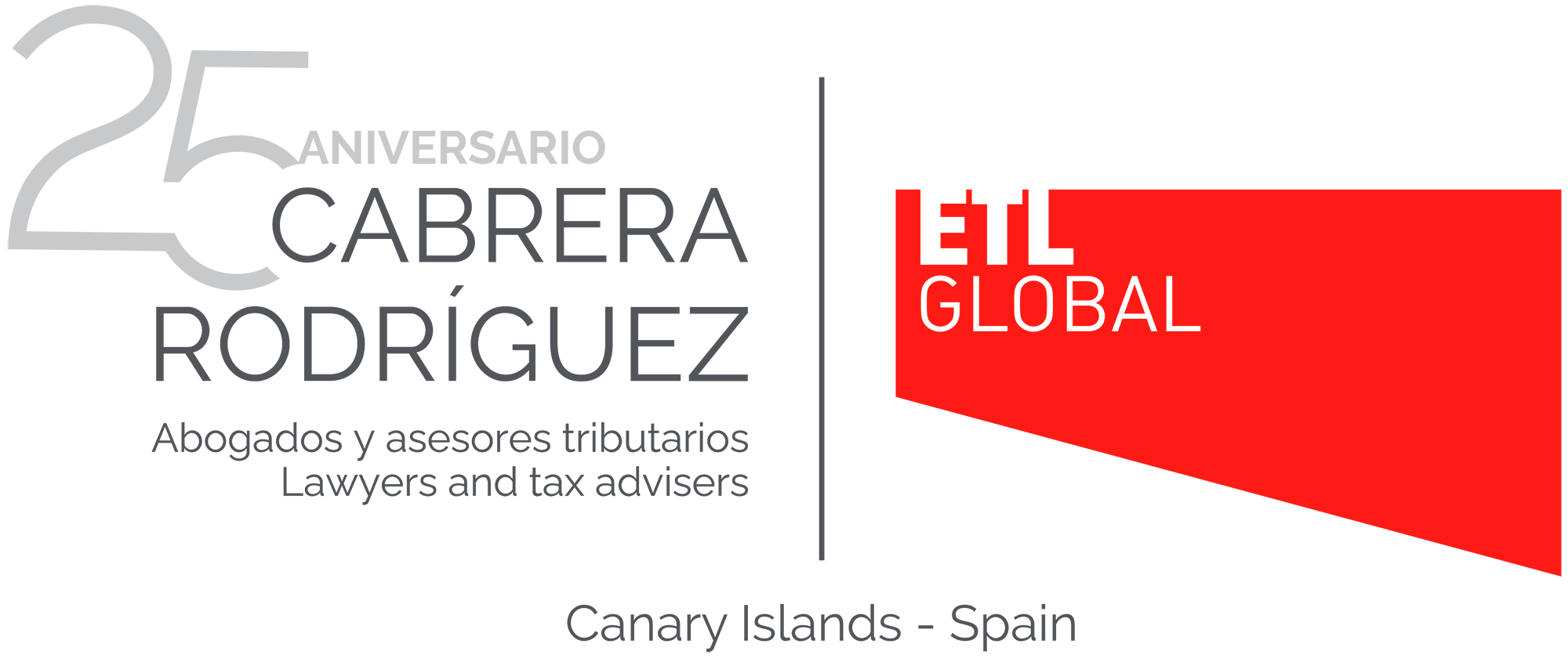On 11st April 2023, the Personal Income Tax and Wealth Tax Return Filing Campaign for the 2022 tax year officially begins.
An essential aspect of the tax return is the verification of the state or autonomous community deductions that may be applicable, as well as having all the documentation that allows us to support their correct inclusion in our tax return.
With regard to the deductions applicable in the Canary Islands, it should be noted that in this campaign important increases in numerous regional deductions have been incorporated, and new ones have been created for the Personal Income Tax returns corresponding to the 2022 and 2023 tax years.
A new feature is the incorporation of a new regional deduction “for rising prices” which aims to minimize the impact of inflation. This deduction will only be applicable in the personal income tax return for 2022. Thus, taxpayers with incomes of less than 20,000 euros will be able to apply a deduction of 225 euros; for incomes of less than 25,000 euros a deduction of 175 euros will be applicable, and for incomes of less than 30,000 euros the applicable deduction is 125 euros. The brackets will be increased by 10,000 euros in the case of joint taxation.
In the same way, the limit for the application of other regional deductions is raised, on a transitional basis for 2022 and 2023, by approximately 20%, with the aim of benefiting a greater number of taxpayers. Among others, we should highlight:
- In the deduction for study expenses in primary, secondary, baccalaureate and intermediate vocational training, up to 120 euros can be deducted for the purchase of materials, books, transport, and uniforms, justified by means of an invoice, for the first descendant, and is increased by 60 euros for each of the remaining descendants studying the aforementioned studies.
- Likewise, for the 2022 and 2023 periods, the deduction for higher education expenses allows taxpayers to deduct an amount of up to 1,920 euros for each unmarried descendant under the age of 25 who is economically dependent and is pursuing higher education studies outside the taxpayer’s island of habitual residence, up to a limit of 40% of the regional tax liability. This deduction is limited to taxpayers with taxable income of less than 42,900 euros in individual taxation or 57,200 euros in joint taxation, although the maximum amount is obtained for taxable income of less than 36,300 euros.
- The deduction for the birth and adoption of children will be 240 euros for the first and second child, 480 euros for the third, 720 euros for the fourth and 840 euros for the fifth or subsequent children. In the event that one of the children suffers a disability of more than 65%, an amount of 480 euros will be added for the first and second child who suffers this disability and 960 euros for the third or subsequent children.
- The deduction for foster care will be 300 euros for each child fostered in the years mentioned above.
- The deduction for single-parent families with dependent descendants will be 120 euros provided that they do not live with people other than the aforementioned descendants.
- The deduction for childcare expenses for children under 3 years of age will be 18% of the amounts paid up to 480 euros provided that they are justified by means of an invoice.
- The deduction for large families amounts to 540 euros in the case of general category families and 720 euros in the case of special category families. In the event that one of the spouses or descendants has a degree of disability equal to or greater than 65%, the amounts will be 1,200 and 1,320 euros respectively.
- In the improvement of the deduction for investment in primary residence, the deduction percentage will be 5% when the income is less than 16,500 euros and 3.5% when it is between 16,500 and 33,000 euros.
- In the improvement of the deduction for energy rehabilitation works, taxpayers will be able to make a deduction of 12% up to 7,000 euros with a limit of 10% of the total tax liability, for the installation of improvements to the energy performance of buildings and mechanisms that save water consumption or reduce waste.
- The improvement of the deduction for the adaptation of the home due to disability allows in the periods 2022 and 2023 to apply a deduction of 14% for the works carried out for the adaptation of the habitual residence due to disability.
- The improvement for the deduction for renting a main residence will be 24% up to a maximum of 720 euros per year provided that the taxpayer has not obtained in the corresponding periods income of more than 22,000 or 33,000 in joint taxation.
- In the deduction for unemployed taxpayers, taxpayers may deduct 120 euros provided that they are legally unemployed for more than 6 months during the tax period and have not obtained earned income of less than 11,200 euros or more than 22,000 euros and that the sum of the general tax base and savings tax base (excluding earned income) does not exceed 1,600 euros.
- In the improved deduction for sickness expenses, taxpayers will be able to deduct 12% of the expenses derived from medical or health professional services up to 600 euros or 800 in joint taxation, excluding pharmaceuticals, for the prevention, diagnosis and treatment of illnesses, dental health, pregnancy, birth of children, accidents, or disability of the taxpayer or of persons included in the family minimum. It will also be applicable to appliances and accessories including prescription glasses and contact lenses.
- With regard to the improvement in the deduction for disabled dependents, a deduction of 600 euros will be applicable when a disability equal to or greater than 65% is accredited.
We hope this information will be of interest to you. We remain at your disposal at info@cabrerarodriguez.com.

